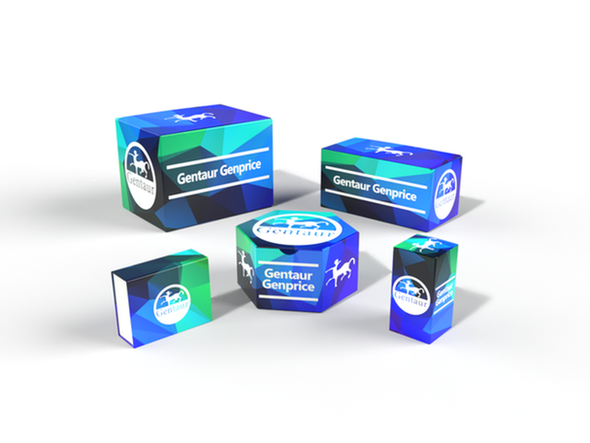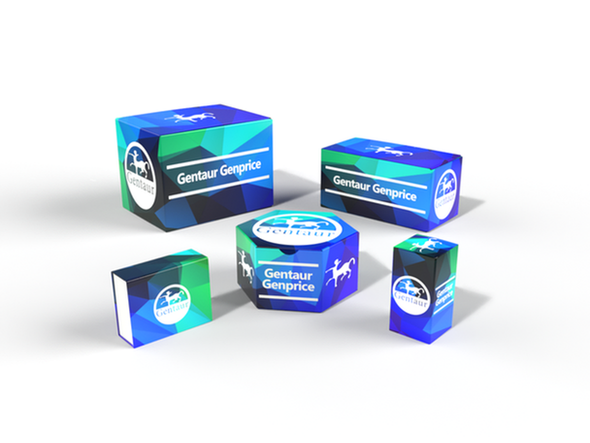BW
DGK-θ (S725) polyclonal Antibody | BS2479
- SKU:
- BW-BS2479
- Availability:
- Usually ships in 5 working days
Description
DGK-θ (S725) polyclonal Antibody | BS2479 | Gentaur UK, US & Europe Distribution
Host: Rabbit
Reactivity: Human
Application: IHC
Application Range: IHC: 1:50~1:200
Background: Diacylglycerol (DAG) is a fundamental lipid second messenger that is produced in the nucleus. The accumulation of DAG in the nucleus is important for the regulation of cell growth and differentiation. Diacylglycerol kinases (DGKs) convert DAG to phosphatidic acid, thereby terminating diacylglycerol signaling, which results in the reduction of protein kinase C activity and cell cycle progression of T lymphocytes. Diacylglycerol kinases are divided into five subtypes, Type I-Type V. DGK-θ is a Type V DGK, and localizes mainly to the nucleus of various cell lines, such as MDA-MB-453, MCF-7, PC12 and HeLa. Nuclear DGK-θ co-localizes with phosphatidylinositol 4,5-bisphosphate (PIP (2) ) . DGK-θ is the isoform responsive to α-Thrombin stimulation.
Storage & Stability: Store at 4°C short term. Aliquot and store at -20°C long term. Avoid freeze-thaw cycles.
Specificity: Diacylglycerol (DAG) is a fundamental lipid second messenger that is produced in the nucleus. The accumulation of DAG in the nucleus is important for the regulation of cell growth and differentiation. Diacylglycerol kinases (DGKs) convert DAG to phosphati
Molecular Weight: ~ 101 kDa
Note: For research use only, not for use in diagnostic procedure.
Alternative Names: DGKQ; DAGK4; Diacylglycerol kinase theta; DGK-theta
Immunogen: Synthetic peptide, corresponding to amino acids 700-750 of Human DGK-θ.
Conjugate: Unconjugated
Modification: Unmodification
Purification & Purity: The Antibody was affinity-purified from rabbit antiserum by affinity-chromatography using epitope-specific immunogen and the purity is > 95% (by SDS-PAGE) .
Pathway: Dopamine Signaling in Parkinson's Disease Plathway,






